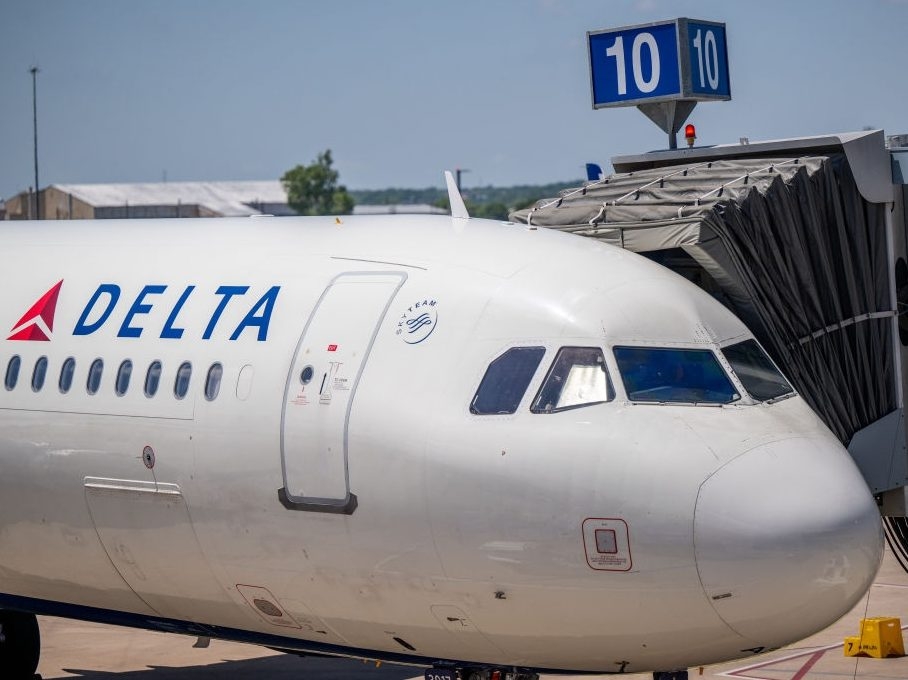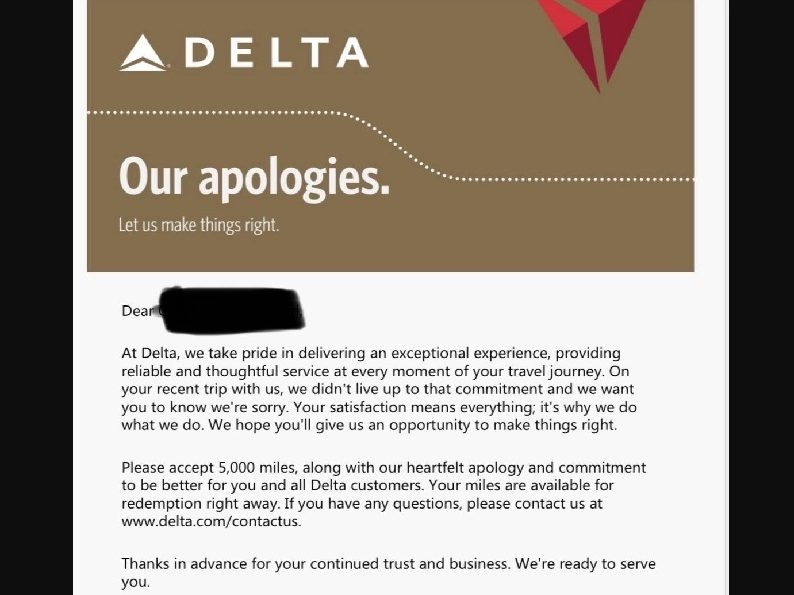The promise of a smooth, direct flight from Florida to Los Angeles dissolved into a nightmare for one Delta passenger. What began as a routine journey quickly descended into an ordeal involving an unsettling and unavoidable proximity to a fellow traveler experiencing a deeply unfortunate accident.
The passenger recounted the harrowing experience on an online forum, describing a growing sense of dread the moment an elderly gentleman, requiring assistance from airline staff, settled into the seat beside them. Initial concerns about limited mobility soon morphed into something far more disturbing.
Throughout the five-and-a-half-hour flight, flight attendants frequently checked on the man, subtly assessing a situation that was rapidly deteriorating. Each breath, the passenger noted, felt like a risky gamble, a silent anticipation of the inevitable.

The true extent of the problem became horrifyingly clear upon landing when the man defied instructions and attempted to stand. It was then, the passenger recalled, that “literal poop smears” were revealed – on the seat, and on the man himself. The entire flight had been spent unknowingly enveloped in the offensive odor.
Stumbling off the plane in disbelief, the passenger was met with a perfunctory apology from a flight attendant, accompanied by an offer of 5,000 airline miles. The passenger’s response was blunt: they needed an exorcism, not a small credit towards a future flight.
Delta issued a formal apology, expressing regret for failing to deliver an “exceptional experience.” The airline emphasized its commitment to reliable and thoughtful service, but the gesture felt woefully inadequate given the circumstances.

Online reactions were swift and critical, with many questioning the airline’s response. Commenters pointed out that similar inconveniences had yielded far more substantial compensation from Delta in the past.
Beyond the immediate discomfort, a more pressing concern emerged: the potential for inadequate cleaning. Questions arose about whether the contaminated seat had been properly sanitized, or if a mere spray of disinfectant would suffice to address a genuine biohazard.
The incident sparked a wave of cautionary tales among frequent flyers, with many admitting to carrying disinfecting wipes and adopting a strict “assume everything is contaminated” policy when boarding a plane. One traveler wryly noted that a post-flight shower was a necessity, even after working in a hospital environment.
The experience served as a stark reminder of the unpredictable nature of air travel and the potential for truly unpleasant encounters, leaving one passenger questioning whether 5,000 miles could ever truly compensate for a flight spent “marinating in” an unimaginable ordeal.





